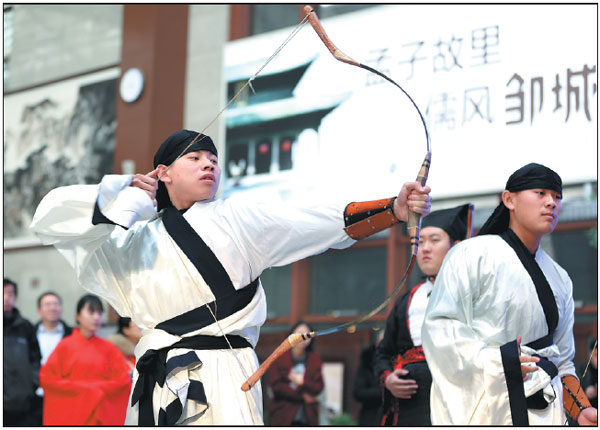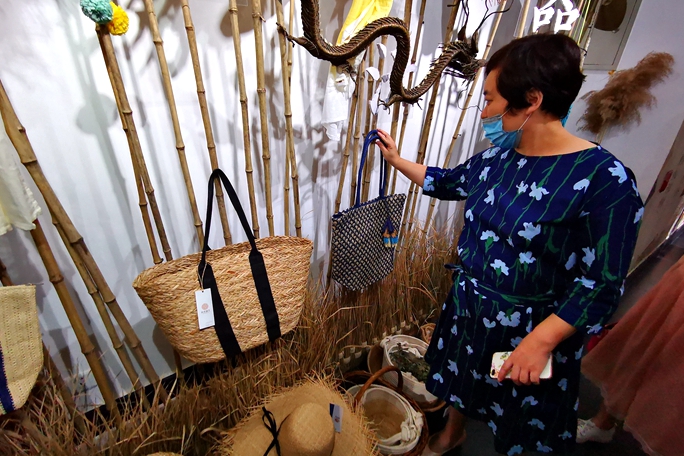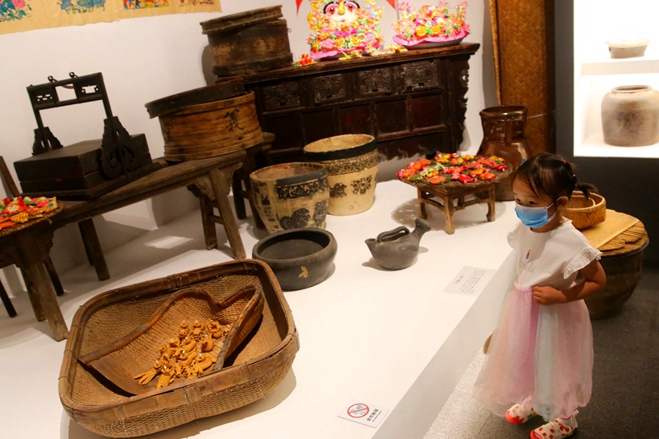Ancient teachings aid modern lifestyles
|
Students in traditional costume participate in a series of activities known as the 'six skills', which formed the basis of elite education in China during the Zhou Dynasty (BC 1046-BC 256), when Confucius was alive.Cai Xiaomeng / For China Daily |
The government is promoting the work of Confucius, the nation's most famous sage, in a bid to reaffirm traditional Chinese culture. Zhao Ruixue reports from Jinan and Qufu, Shandong province.
Two years ago, a 50-square-meter room in Sandefan village of Jinan, the capital city of East China's Shandong province, was rarely visited by local residents.
However, since it was converted into a base for lectures about the teachings of Confucius, China's best-known ancient sage and educator (551-479 BC), the room has become a mecca for villagers.
The lectures usually feature stories that highlight Confucian beliefs, mainly those related to filial piety, loyalty, integrity and benevolence.
Yan Binggang, deputy head of the Advanced Institute for Confucian Studies at Shandong University, visits the village once a week to deliver free lectures. He has made a habit of relating stories about people being punished for bad behavior, such as disrespecting one's parents and refusing to honor promises.
"Your attitudes toward your parents will have an impact on your children and when your children grow up, they will tend to treat you in the same way you treated your parents," Yan said, adding that many people are unable to hold back their tears when he shares stories about filial piety.
The room, known as the Confucius Classroom, is one of more than 3,000 centers in Shandong that are promoting Confucian thought, which is viewed as an important part of traditional Chinese culture.
Reinforcing values
Concerned that the teachings of China's best-known sage will lose ground as a result of the country's rapid development and ongoing urbanization, the government is moving to reinforce traditional cultural education nationwide.
Confucian teaching rests on the belief that humans are fundamentally good, and can be taught and changed by personal and communal endeavor and self-cultivation. The sage's maxims, such as "How happy we are to meet friends from afar", "Harmony should be cherished" and "Do not do to others what you do not want others to do to you", have remained popular in China for thousands of years.
Although the teachings were heavily criticized during the "cultural revolution" (1966-76), the country's top leaders are now stressing their importance.
In 2013, President Xi Jinping visited the hometown of Confucius, Qufu city in Shandong, and made a speech after attending a discussion with Confucian experts.
In his address, Xi said research into the philosopher and his beliefs should make the past serve the present, discarding the less-valuable while keeping the essential so the thoughts of the renowned philosopher will continue to exert a positive influence today.
In 2014, Xi made a speech at the opening of an international conference to commemorate the 2,565th anniversary of Confucius' birth, becoming the first Chinese president to address an international conference dedicated to the works of the great sage.
If a country - no matter which country - does not cherish its own thinking and culture, its people lose their souls and it will not be able to stand, Xi told the audience.


 Shandong Culture and Tourism Consumption Season
Shandong Culture and Tourism Consumption Season Culture, tourism sectors pick up in Shandong as epidemic wanes
Culture, tourism sectors pick up in Shandong as epidemic wanes

